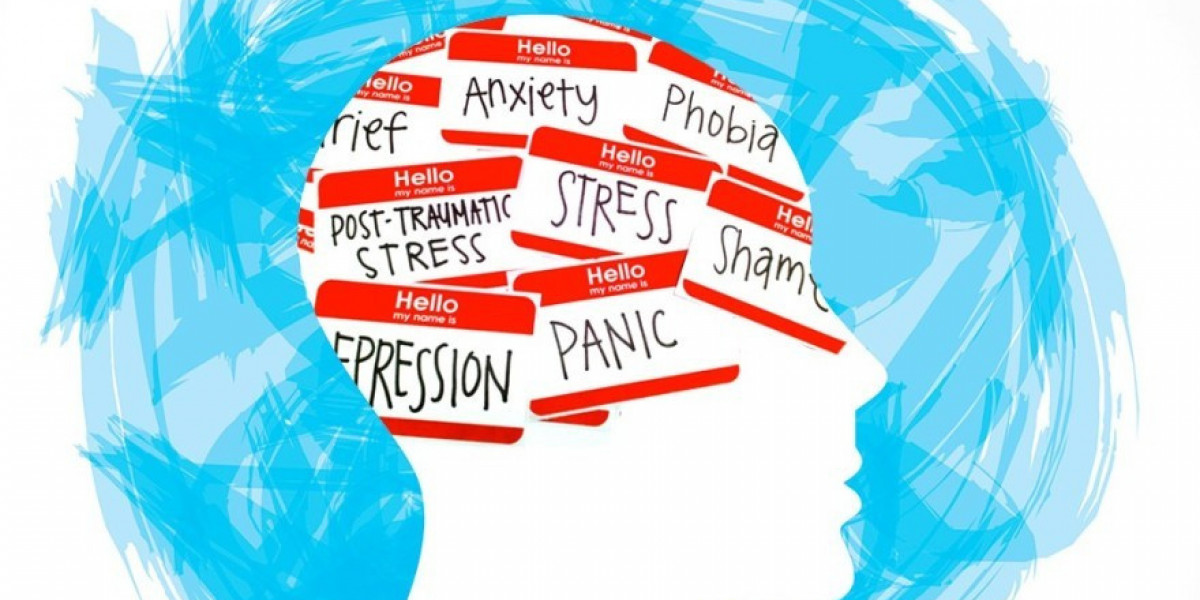In the dynamic landscape of modern publishing, the role of ghostwriting has undergone a significant transformation, especially with the advent of digital technologies. Book ghostwriting services, once a relatively obscure facet of the literary world, have now emerged as a key player in the industry. This comprehensive exploration delves into how ghostwriting has evolved in the digital age, adapting to new technologies, changing market demands, and evolving author needs.
Ghostwriting in the Literary Landscape
Defining Ghostwriting
Ghostwriting involves writing books, articles, or other texts credited to another person. Traditionally, ghostwriters have worked behind the scenes to produce works for public figures, authors, and corporate entities.
The Early Days of Ghostwriting
Initially, ghostwriting was predominantly a word-of-mouth industry, with assignments passed through personal networks. Its scope was limited, and the process often lengthy and labor-intensive.
The Digital Revolution and Ghostwriting
Emergence of Digital Platforms
The explosion of digital platforms has been a game-changer for book ghostwriting services. Self-publishing platforms, eBooks, and online content have broadened the scope for ghostwriters, allowing them to reach a global clientele.
The Rise of Social Media
Social media has not only increased visibility for ghostwriting services but also facilitated direct connections between ghostwriters and potential clients. Platforms like LinkedIn, Twitter, and specialized online forums have become crucial networking sites.
Changing Dynamics in Author-Ghostwriter Relationships
Virtual Collaboration
The digital age has introduced virtual collaboration tools, enabling seamless communication between authors and ghostwriters. This shift has made the process more efficient and accessible, irrespective of geographical boundaries.
Diverse Clientele
Digital accessibility has diversified the client base. Now, not just celebrities or established authors, but aspiring writers, professionals, and influencers are turning to ghostwriting services to share their stories.
Technology's Impact on Ghostwriting Processes
Research and Accessibility
The internet has revolutionized research methodologies for ghostwriters. Access to extensive online resources has made the process of gathering information quicker and more comprehensive.
Digital Writing Tools
Advanced writing software and tools have enhanced the efficiency and quality of ghostwriting. Features like cloud-based document sharing, real-time editing, and plagiarism checkers have become standard in the ghostwriting toolkit.
Market Expansion and Genre Diversification
Expansion into New Genres
The digital age has seen ghostwriting expand beyond traditional genres like memoirs or business books. There is a growing demand for ghostwritten content in genres like fiction, self-help, and even technical writing.
Global Reach and Local Stories
Digital platforms have enabled book ghostwriting services to cater to a global audience. This expansion has led to an increased demand for diverse stories, including localized narratives that cater to specific cultural contexts.
The Business of Ghostwriting in the Digital Age
Evolving Business Models
Digital proliferation has led to new business models in ghostwriting. Subscription services, project bidding platforms, and freelance aggregators have become commonplace, offering varied options for both clients and ghostwriters.
Pricing and Competition
The digital marketplace has intensified competition among ghostwriting services, affecting pricing strategies. The global nature of the market means ghostwriters must balance quality with competitive pricing.
Ethical Considerations and Transparency
Ethical Challenges
The anonymity and ease of access to ghostwriting services online have amplified ethical considerations, such as issues of plagiarism and the authenticity of authorship.
Importance of Transparency
In response, there’s a growing emphasis on transparency and ethical practices within the ghostwriting community. This includes clear contracts, honest representation of work, and adherence to ethical standards.
The Future of Ghostwriting in the Digital Realm
Technological Advancements
Continued advancements in AI and machine learning could further revolutionize ghostwriting, making processes more efficient and potentially opening new avenues for content creation.
Adapting to Changing Reader Preferences
Book ghostwriting services must adapt to changing reader preferences, including shifts towards multimedia content, interactive eBooks, and audiobooks.
Conclusion
The evolution of ghostwriting in the digital age highlights its adaptability and enduring relevance. As technologies advance and the publishing landscape shifts, book ghostwriting services continue to play a crucial role in content creation. By embracing digital advancements and maintaining high ethical standards, ghostwriters not only ensure their survival in this competitive market but also contribute significantly to the rich tapestry of global literature and information sharing. The future of ghostwriting, intertwined with digital progression, holds promising potential for both ghostwriters and their clients in crafting impactful and diverse narratives.








